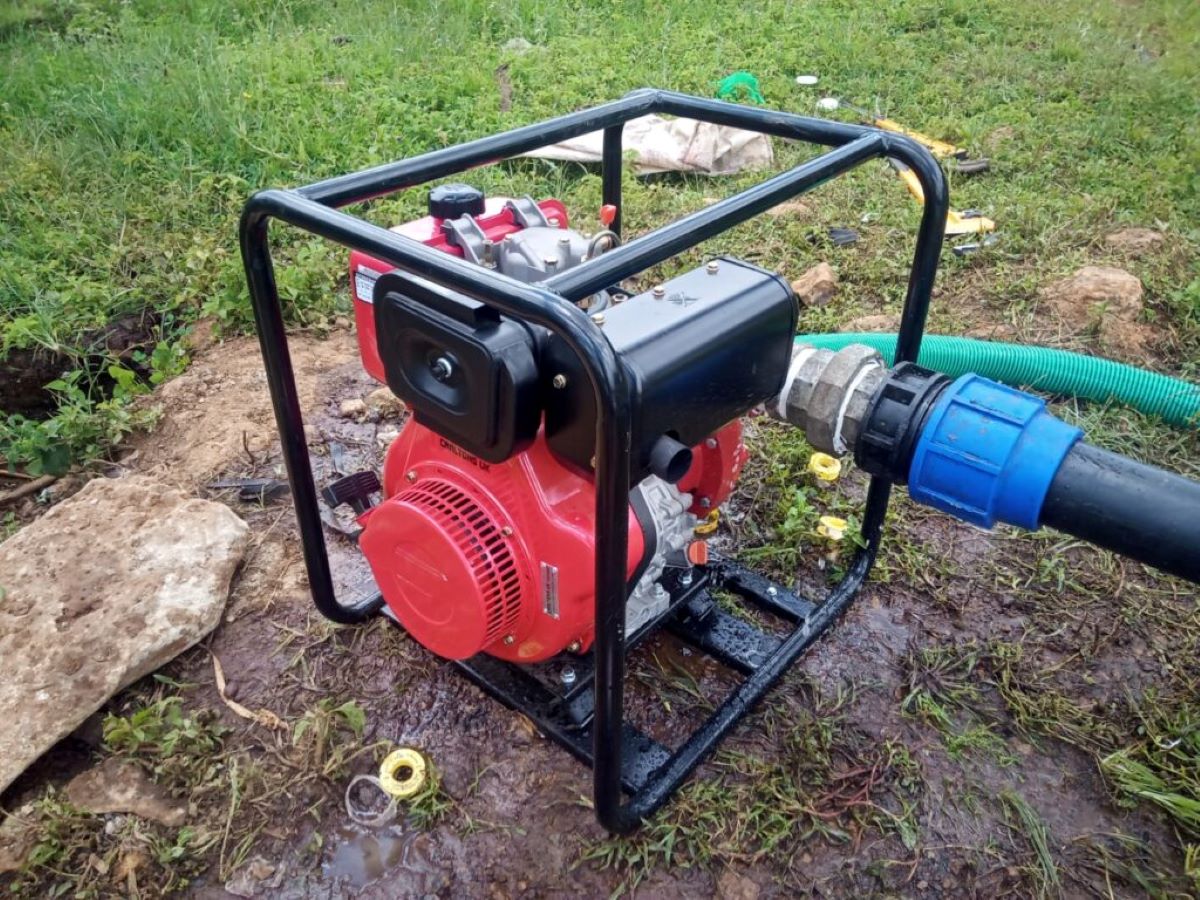

Articles
What Is The Best Water Pump For Irrigation
Modified: January 19, 2024
Looking for the best water pump for irrigation? Read our informative articles to find the ideal pump for your irrigation needs.
(Many of the links in this article redirect to a specific reviewed product. Your purchase of these products through affiliate links helps to generate commission for Storables.com, at no extra cost. Learn more)
Introduction
Welcome to the world of irrigation! Whether you are a farmer, a gardener, or a homeowner looking to keep your landscape lush and green, having the right water pump for irrigation is crucial. Water pumps play a vital role in delivering water to crops, plants, and lawns, ensuring proper hydration and growth. But with so many options available in the market, it can be overwhelming to choose the best water pump for your irrigation needs.
When it comes to selecting a water pump for irrigation, it’s important to consider several factors. Factors such as the water source, the size of the area to be irrigated, the required water pressure, and the power source for the pump are all critical in making the right choice. Additionally, budget, maintenance requirements, and environmental impact should also factor into your decision.
In this article, we will guide you through the different types of water pumps available for irrigation, the pros and cons of each, and ultimately help you determine the best water pump for your specific irrigation needs. Let’s dive in and explore the world of water pumps!
Key Takeaways:
- Submersible pumps are the best choice for large-scale irrigation, offering high water pressure, efficiency, and low maintenance. Ideal for deep well applications, they ensure reliable and consistent water delivery for expansive fields and agricultural areas.
- Jet pumps are the top option for small-scale irrigation, providing affordability, ease of installation, and suitability for shallow wells or surface water sources. They offer a cost-effective and reliable solution for homeowners and small-scale farmers looking to efficiently water their gardens, lawns, or small agricultural plots.
Read more: What Is The Best Rv Water Pump
Factors to Consider When Choosing a Water Pump for Irrigation
Choosing the right water pump for irrigation involves considering several important factors. By taking these factors into account, you can ensure that you select a pump that meets your specific needs and delivers optimal performance. Here are some factors to consider:
- Water Source: The first thing to consider is the water source. Do you have access to a well, a pond, a river, or a municipal water supply? Knowing the water source is crucial as it will determine the type of pump you need, the amount of water it can deliver, and the required water pressure.
- Irrigation Area Size: The size of the area to be irrigated will determine the flow rate and pressure requirements of the pump. Smaller areas may require less powerful pumps, while larger areas will need pumps with higher flow rates and pressure capabilities.
- Water Pressure: Different irrigation systems require different water pressure levels. Some plants thrive with low-pressure systems, while others need high-pressure systems. Ensure that the pump you choose can deliver the required water pressure for your specific irrigation needs.
- Power Source: Consider the power source available for your irrigation system. Is it electric, gasoline, diesel, or solar? The power source will impact the type of pump you choose and its efficiency. Ensure that the power source aligns with your budget, environmental considerations, and accessibility.
- Budget: Determine your budget for the water pump and consider the long-term costs of maintenance and operation. Different types of pumps have varying upfront costs and maintenance requirements. Choose a pump that fits within your budget and provides the best value for money.
- Environmental Impact: Take into account the environmental impact of the pump you choose. Some pumps consume more energy and produce more emissions compared to others. Opting for energy-efficient pumps or even solar-powered pumps can help reduce your carbon footprint.
By carefully considering these factors, you can narrow down your options and select a water pump that is well-suited to your specific irrigation needs. Remember to prioritize functionality, efficiency, and sustainability to ensure the best long-term results for your irrigation system.
Different Types of Water Pumps for Irrigation
When it comes to water pumps for irrigation, there are several different types to choose from. Each type has its own unique features, advantages, and limitations. Understanding the characteristics of each type can help you determine which one is best suited for your irrigation needs. Here are the different types of water pumps commonly used for irrigation:
- Submersible Pumps: Submersible pumps are designed to be submerged in water, usually in a well or a reservoir. They are ideal for deep well applications and can deliver high water pressure. Submersible pumps are efficient, quiet, and low maintenance, making them a popular choice for agricultural irrigation and large-scale watering needs.
- Centrifugal Pumps: Centrifugal pumps work by rotating an impeller to create centrifugal force, which pushes water outwards. They are commonly used for medium to large-scale irrigation systems. Centrifugal pumps are versatile and can handle a wide range of water sources. They are also known for their high flow rates and moderate to high pressure capabilities.
- Jet Pumps: Jet pumps are typically used for shallow wells or surface water sources. They work by utilizing a combination of suction and pressure to draw water. Jet pumps are cost-effective, easy to install, and suitable for small to medium-scale irrigation systems. However, they may not be as efficient or powerful as submersible or centrifugal pumps.
- Solar-Powered Pumps: Solar-powered pumps are becoming increasingly popular due to their environmental benefits and cost savings in the long run. These pumps utilize solar energy to power the motor and pump water. Solar-powered pumps are ideal for remote locations where access to electricity may be limited. They are energy-efficient, eco-friendly, and can be used for small to medium-sized irrigation systems.
Each type of water pump has its own advantages and limitations, and choosing the right one depends on factors such as the water source, pressure requirements, and the size of the irrigation area. It is important to consider your specific needs, budget, and environmental considerations when selecting a water pump for irrigation.
Submersible Pumps
Submersible pumps are a popular choice for irrigation systems, especially in deep well applications. These pumps are designed to be fully submerged in water, typically in a well or a reservoir. Submersible pumps offer several advantages that make them ideal for agricultural irrigation and large-scale watering needs.
One of the key advantages of submersible pumps is their ability to deliver high water pressure. Since the pump is situated directly in the water source, it can push water up from greater depths, providing strong and consistent water pressure to the irrigation system. This is particularly beneficial for areas with deep wells or when water needs to be lifted to higher elevations.
In addition to high water pressure, submersible pumps are also known for their efficiency. By operating underwater, these pumps are able to cool the motor, resulting in improved efficiency and prolonged lifespan. Cooling the motor also reduces noise levels, making submersible pumps a quiet option for irrigation systems.
Another advantage of submersible pumps is their low maintenance requirements. Since the pump is submerged, it is protected from weather elements and debris. This reduces the risk of damage or clogging, resulting in less frequent maintenance and fewer repairs. However, regular inspection and cleaning of the pump and its components are still necessary to ensure optimal performance.
Submersible pumps are available in various sizes and power capacities to accommodate different irrigation needs. It is important to select a pump that matches the flow rate and pressure requirements of your irrigation system. Additionally, consider factors such as the depth of the well, the distance the water needs to be pumped, and the overall irrigation area size.
While submersible pumps offer many advantages, it is essential to note that they can be more expensive upfront compared to other types of pumps. However, their efficiency, durability, and low maintenance requirements often offset the initial investment in the long run.
If you have a deep well or need high water pressure for your irrigation system, a submersible pump may be the best option. Its ability to deliver strong water pressure and its efficiency make it a reliable choice for agricultural irrigation and large-scale watering needs.
Centrifugal Pumps
Centrifugal pumps are commonly used for irrigation systems, especially in medium to large-scale applications. These pumps work by using an impeller to create centrifugal force, which pushes the water outwards and creates pressure. Centrifugal pumps offer several advantages that make them a popular choice for irrigation.
One of the key advantages of centrifugal pumps is their versatility. They can handle a wide range of water sources, including wells, reservoirs, lakes, and rivers. This flexibility allows for greater adaptability in different irrigation setups and environments.
Centrifugal pumps are known for their high flow rates, making them ideal for applications that require a large volume of water to be pumped. This is especially useful for irrigating extensive fields or gardens that cover a significant area. The high flow rates ensure that the water is delivered efficiently and effectively to meet the irrigation needs.
In terms of pressure capabilities, centrifugal pumps offer moderate to high pressures depending on the specific model and design. This makes them suitable for irrigation systems that require moderate to high water pressure. The ability to deliver adequate pressure ensures that the water reaches all parts of the irrigation area, promoting uniform irrigation and optimal plant growth.
Another advantage of centrifugal pumps is their reliability. They are designed to be durable and able to withstand continuous operation over extended periods. Their robust construction and efficient performance make them a reliable choice for agricultural irrigation and other demanding applications.
Centrifugal pumps are relatively easy to maintain. Routine inspections and maintenance are necessary to ensure smooth operation and prevent any potential issues. This includes regular cleaning of the pump and checking for any signs of wear or damage. By following proper maintenance procedures, the lifespan of the centrifugal pump can be extended, ensuring consistent performance for many years.
It is important to select the appropriate size and power capacity of the centrifugal pump based on the specific irrigation requirements. Factors such as the flow rate, pressure needed, and the size of the irrigation area should be considered to ensure the pump delivers optimal performance.
In summary, centrifugal pumps offer versatility, high flow rates, and moderate to high pressure capabilities, making them well-suited for medium to large-scale irrigation systems. Their reliability, ease of maintenance, and durability make them a popular choice among farmers and larger-scale irrigators.
Jet Pumps
Jet pumps are commonly used for irrigation systems, particularly in situations where the water source is shallow, such as a well or a surface water supply. These pumps work by utilizing a combination of suction and pressure to draw and deliver water to the irrigation system. Jet pumps offer several advantages and are a cost-effective solution for small to medium-scale irrigation needs.
One of the key advantages of jet pumps is their simplicity and ease of installation. These pumps typically have fewer components than other types of pumps, making them straightforward to set up and operate. They are suitable for DIY installations, allowing homeowners or small-scale farmers to easily incorporate them into their irrigation system.
Jet pumps are known for their affordability compared to other types of pumps. They are a cost-effective choice, making them a popular option for budget-conscious individuals who require a reliable irrigation solution. The lower upfront cost of jet pumps allows for more accessible entry into irrigation systems.
Another advantage of jet pumps is their ability to handle shallow wells or surface water sources. They use suction to draw water, which means they are effective for applications where the water level is closer to the pump. However, it’s important to note that jet pumps may not be suitable for deeper wells or situations where significant water lift is required.
Jet pumps have moderate flow rates, making them suitable for small to medium-sized irrigation systems. They can deliver water efficiently and effectively to the targeted areas, ensuring proper hydration for plants and landscapes.
While jet pumps offer simplicity and affordability, there are a few factors to consider. They may be less efficient compared to other types of pumps, meaning they may consume more energy to generate the same amount of flow and pressure. Additionally, jet pumps may have slightly lower performance capabilities compared to submersible or centrifugal pumps, making them better suited for smaller irrigation areas.
In terms of maintenance, jet pumps require periodic inspection and cleaning to ensure optimal performance. Monitoring the pump’s operation, checking for any blockages, and taking precautionary measures to prevent debris from entering the pump are important for its longevity and efficiency.
In summary, jet pumps are cost-effective, easy to install, and suitable for small to medium-scale irrigation systems. They are a practical choice for shallow wells or surface water sources, offering reliable performance for homeowners and small-scale farmers.
When choosing a water pump for irrigation, consider the size of your irrigation system and the water source. Submersible pumps are great for wells, while centrifugal pumps work well for surface water sources. Make sure to match the pump’s capacity to your irrigation needs.
Solar-Powered Pumps
Solar-powered pumps are gaining popularity among irrigation system users due to their environmentally friendly and cost-effective nature. These pumps utilize solar energy to power the motor and pump water, making them a sustainable alternative for irrigation needs.
One of the key advantages of solar-powered pumps is their reliance on renewable energy. By harnessing the power of the sun, these pumps reduce dependence on conventional electricity sources and contribute to a greener and more sustainable future. Solar energy is abundant and free, making it a cost-effective option in the long run.
Solar-powered pumps are particularly useful in remote areas where access to electrical grids may be limited or non-existent. They provide an off-grid solution for irrigation needs, allowing farmers and homeowners in remote locations to efficiently water their crops or maintain their landscapes without the need for traditional power sources.
These pumps are also known for their energy efficiency. Solar-powered pumps operate using direct current (DC) power, which eliminates the need for an inverter to convert DC to alternating current (AC). This results in less energy loss, making solar-powered pumps highly efficient and reducing electricity costs over time.
Additionally, solar-powered pumps have low operational and maintenance costs. Once installed, they require minimal upkeep, with routine checks and inspections being the main tasks. There are no fuel costs associated with solar-powered pumps, reducing ongoing expenses and making them a cost-effective solution for long-term irrigation needs.
It’s important to note that the performance of solar-powered pumps is dependent on sunlight availability. They are most effective in areas with consistent sun exposure, such as sunny climates or during the summer months. However, advancements in solar technology, including the use of battery backup systems, allow for continuous operation even in cloudy or low-light conditions.
Solar-powered pumps come in a variety of sizes and capacities to suit different irrigation requirements. It is important to consider factors such as the flow rate, pressure needs, and the size of the irrigation area when selecting the appropriate solar-powered pump for your specific needs.
In summary, solar-powered pumps offer a sustainable, cost-effective, and environmentally friendly solution for irrigation systems. Their reliance on renewable energy, energy efficiency, and low operational costs make them an attractive option for those seeking an off-grid and environmentally conscious choice for their irrigation needs.
Choosing the Best Water Pump for Irrigation: A Comparative Analysis
When it comes to selecting the best water pump for irrigation, it’s essential to conduct a comparative analysis of the available options. By comparing the different types of pumps and evaluating their features, advantages, and limitations, you can make an informed decision that suits your specific irrigation needs. Here’s a comparative analysis to help you choose the best water pump:
Submersible Pumps: Submersible pumps are ideal for deep well applications and offer high water pressure, efficiency, and low maintenance requirements. They are suitable for large-scale irrigation and agricultural needs. However, they can be more expensive upfront.
Centrifugal Pumps: Centrifugal pumps are versatile, with high flow rates and moderate to high pressure capabilities. They are suitable for medium to large-scale irrigation systems and offer reliability and ease of maintenance. However, they may consume more energy compared to other pumps.
Jet Pumps: Jet pumps are cost-effective, easy to install, and suitable for shallow wells or surface water sources. They are ideal for small to medium-sized irrigation systems. However, their performance may be lower compared to other pumps, and they may be less efficient.
Solar-Powered Pumps: Solar-powered pumps offer sustainability, energy efficiency, and cost savings in the long run. They are suitable for off-grid and remote locations, providing a greener solution for irrigation needs. However, their performance is reliant on sunlight availability.
When choosing the best water pump for irrigation, consider the following factors:
- Water source and availability: Determine the source of water for your irrigation system and ensure that the pump you choose can effectively access and deliver water from that source.
- Irrigation area size: Consider the size of the area to be irrigated to determine the flow rate and pressure requirements of the pump.
- Water pressure needs: Different plants and irrigation systems require varying water pressure levels. Choose a pump that can meet the specific pressure requirements for optimal irrigation.
- Power source: Evaluate the available power sources and choose a pump that aligns with your accessibility and environmental considerations.
- Budget: Determine your budget for the water pump, considering both the upfront cost and long-term maintenance expenses.
- Environmental impact: Consider the environmental impact of the pump, choosing energy-efficient options or solar-powered pumps to reduce your carbon footprint.
By comparing the different types of water pumps and considering these factors, you can select the best water pump for your specific irrigation needs. Take into account the water source, area size, pressure requirements, power source, budget, and environmental impact to ensure optimal performance and efficiency in your irrigation system.
Best Water Pump for Small-Scale Irrigation
For small-scale irrigation, where the area to be irrigated is relatively small, choosing the right water pump is essential to ensure efficient water delivery and optimal plant growth. Here is our recommendation for the best water pump for small-scale irrigation:
Jet Pumps: Jet pumps are often the best choice for small-scale irrigation due to their affordability, ease of installation, and suitability for shallow wells or surface water sources. These pumps operate using a combination of suction and pressure, making them effective for drawing water from sources closer to the pump.
Jet pumps are cost-effective options for small-scale irrigation systems, making them an ideal choice for homeowners and small-scale farmers who want a reliable and budget-friendly solution. They are typically easy to install, allowing for hassle-free installation and setup without the need for professional assistance.
Additionally, jet pumps are suitable for shallow wells or surface water sources, making them perfect for small-scale irrigation needs where the water source is not deep underground. They can efficiently deliver water to the irrigation system within the specific area, ensuring proper hydration for plants, gardens, or small agricultural plots.
While jet pumps may have slightly lower performance capabilities compared to larger pumps, they are still effective for small-scale applications. Their moderate flow rates and compatibility with smaller systems make them suitable for areas that do not require high-volume water delivery.
When choosing a jet pump for small-scale irrigation, consider the size of the pump based on your specific flow rate and pressure requirements. It’s important to ensure that the pump can meet the needs of your irrigation system to ensure optimal performance.
Overall, jet pumps are the best water pump choice for small-scale irrigation due to their affordability, ease of installation, and suitability for shallow wells or surface water sources. They provide a cost-effective and reliable solution for homeowners and small-scale farmers looking to water their gardens, lawns, or small agricultural areas with efficiency and ease.
Read more: What Is A Water Pump
Best Water Pump for Medium-Scale Irrigation
In medium-sized irrigation systems, where the area to be irrigated is larger and requires more water flow and pressure, choosing the right water pump is crucial for efficient and effective irrigation. Here is our recommendation for the best water pump for medium-scale irrigation:
Centrifugal Pumps: Centrifugal pumps are the ideal choice for medium-scale irrigation due to their versatility, high flow rates, and moderate to high-pressure capabilities. These pumps work by using an impeller to create centrifugal force, resulting in water being pushed outward with enough pressure to meet the demands of medium-sized irrigation systems.
The versatility of centrifugal pumps allows them to handle a wide range of water sources, including wells, reservoirs, lakes, and rivers. This flexibility makes them well-suited for various types of medium-scale irrigation setups, providing reliable water delivery from different water sources.
The high flow rates of centrifugal pumps ensure that an ample amount of water is delivered to the irrigation system, covering a larger area efficiently. This is particularly beneficial for medium-sized agricultural fields or gardens that require a substantial volume of water for proper plant growth.
Centrifugal pumps also offer moderate to high pressure capabilities, allowing the water to reach all parts of the irrigation area, ensuring uniform watering and maximum coverage. This is crucial for promoting consistent growth and preventing dry spots within the medium-scale irrigation system.
Additionally, centrifugal pumps are known for their reliability and relatively easy maintenance. They are designed to withstand continuous operation and require regular inspections and cleaning to ensure optimal performance. With proper care, centrifugal pumps can provide reliable and efficient water delivery for medium-scale irrigation systems.
When selecting a centrifugal pump for medium-scale irrigation, consider factors such as the specific flow rate and pressure requirements of your irrigation system. It is crucial to choose a pump that can meet these requirements to ensure optimal performance and effective irrigation.
Overall, centrifugal pumps are the best water pump choice for medium-scale irrigation due to their versatility, high flow rates, and moderate to high-pressure capabilities. They provide reliable and efficient water delivery to medium-sized agricultural fields or gardens, ensuring optimal plant growth and coverage of the irrigation area.
Best Water Pump for Large-Scale Irrigation
In large-scale irrigation systems, where the irrigation area is extensive and requires significant water flow and pressure, choosing the right water pump is crucial for efficient and effective irrigation. Here is our recommendation for the best water pump for large-scale irrigation:
Submersible Pumps: Submersible pumps are the ideal choice for large-scale irrigation due to their ability to deliver high water pressure, efficiency, and suitability for deep well applications. These pumps are designed to be fully submerged in water, typically in a well or a reservoir.
One of the key advantages of submersible pumps is their ability to deliver high water pressure. This makes them particularly beneficial for large-scale irrigation systems that require substantial water pressure to deliver water throughout expansive fields or agricultural areas. Submersible pumps can efficiently push water from great depths, ensuring strong and consistent water pressure throughout the entire irrigation system.
Submersible pumps are highly efficient due to their submerged design. Being underwater allows them to cool the motor, resulting in improved efficiency and prolonged lifespan. The cooling process also reduces noise levels, making submersible pumps a quiet option for large-scale irrigation systems.
In addition to their efficiency, submersible pumps require low maintenance. Their submerged location protects them from weather elements and debris, reducing the risk of damage or clogging. While regular inspection and cleaning are still necessary, submersible pumps generally have fewer maintenance requirements compared to other types of pumps.
When selecting a submersible pump for large-scale irrigation, consider factors such as the specific flow rate and pressure requirements of your irrigation system. It is crucial to choose a pump with the power capacity and size that can meet these requirements to ensure optimal performance and efficient water delivery.
While submersible pumps may have a higher upfront cost compared to other types of pumps, their high water pressure, efficiency, and low maintenance requirements make them the best choice for large-scale irrigation systems. The investment in a submersible pump pays off in the long run by providing reliable and consistent water delivery to irrigate expansive fields or agricultural areas.
Conclusion
Choosing the best water pump for irrigation is essential to ensure efficient and effective watering of crops, plants, and landscapes. By considering factors such as the water source, area size, pressure requirements, power source, budget, and environmental impact, you can make an informed decision that meets your specific irrigation needs.
In summary, submersible pumps are the best option for small-scale irrigation due to their high water pressure, efficiency, and low maintenance requirements. They are well-suited for shallow wells or surface water sources, making them ideal for homeowners and small-scale farmers.
For medium-scale irrigation, centrifugal pumps are the preferred choice. With their versatility, high flow rates, and moderate to high-pressure capabilities, they deliver reliable water delivery to medium-sized agricultural fields or gardens.
When it comes to large-scale irrigation, submersible pumps are the top choice. Their ability to deliver high water pressure, efficiency, and suitability for deep well applications make them ideal for irrigating expansive fields and agricultural areas.
In addition, solar-powered pumps are an environmentally friendly and cost-effective option for off-grid and remote locations where access to electricity may be limited. They offer sustainability, energy efficiency, and long-term cost savings, making them an excellent choice for eco-conscious individuals and those looking to reduce their carbon footprint.
Ultimately, the best water pump for your irrigation needs will depend on the specific requirements of your irrigation system, including the water source, area size, pressure needs, and budget considerations. By carefully evaluating these factors and comparing the different types of water pumps available, you can select the optimal pump that delivers reliable and efficient water delivery for your irrigation system.
Remember to prioritize functionality, efficiency, and sustainability when making your decision. Regular maintenance and inspections are necessary for any water pump to ensure optimal performance and longevity. With the right water pump in place, you can achieve vibrant and healthy crops, lush gardens, and well-hydrated landscapes.
Frequently Asked Questions about What Is The Best Water Pump For Irrigation
Was this page helpful?
At Storables.com, we guarantee accurate and reliable information. Our content, validated by Expert Board Contributors, is crafted following stringent Editorial Policies. We're committed to providing you with well-researched, expert-backed insights for all your informational needs.
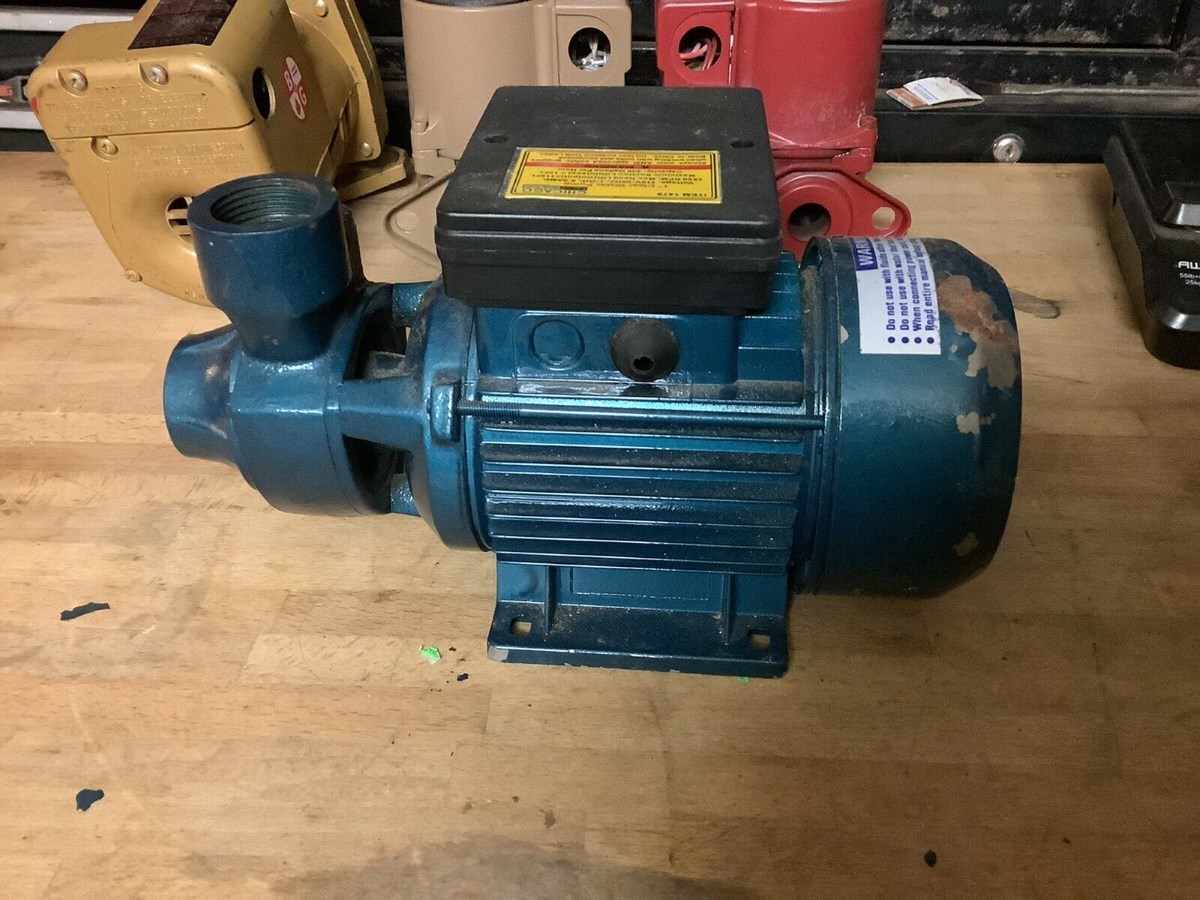
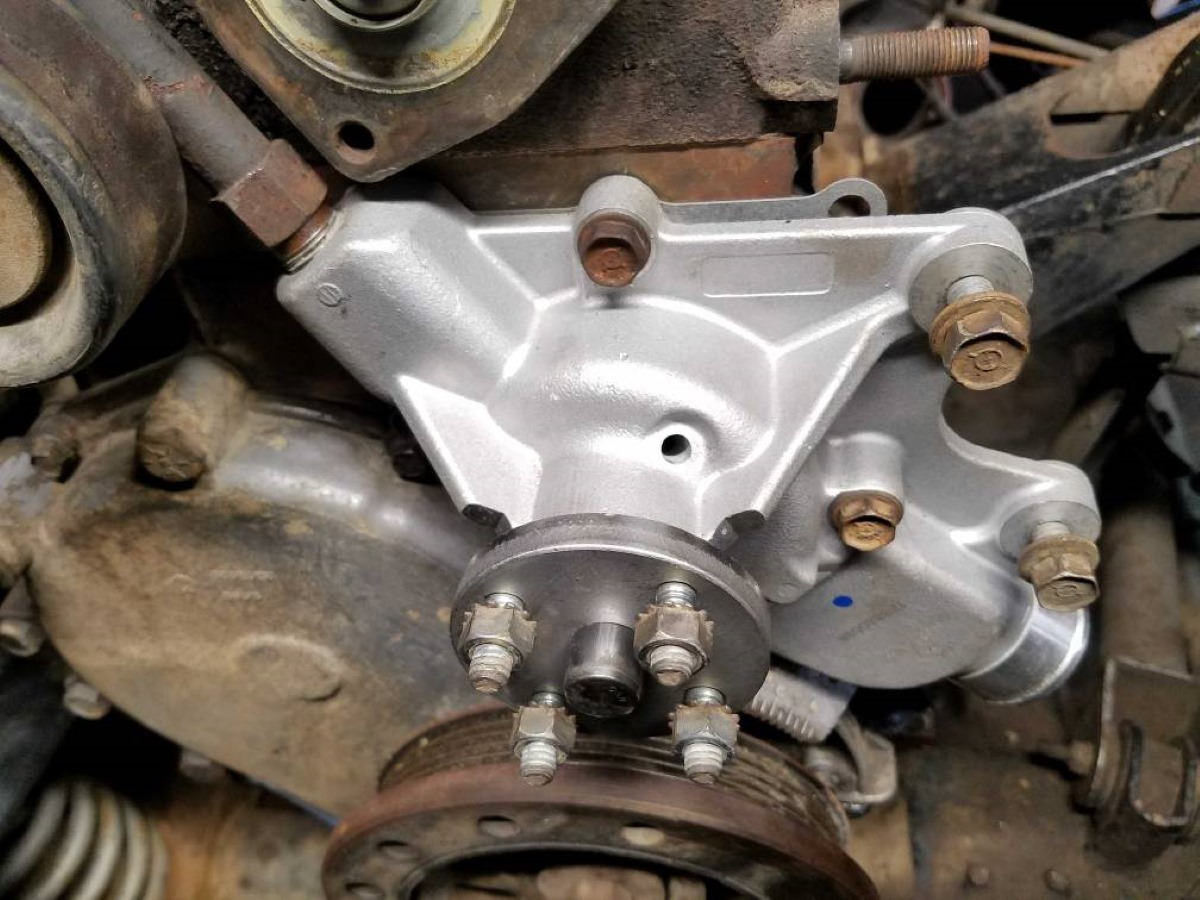
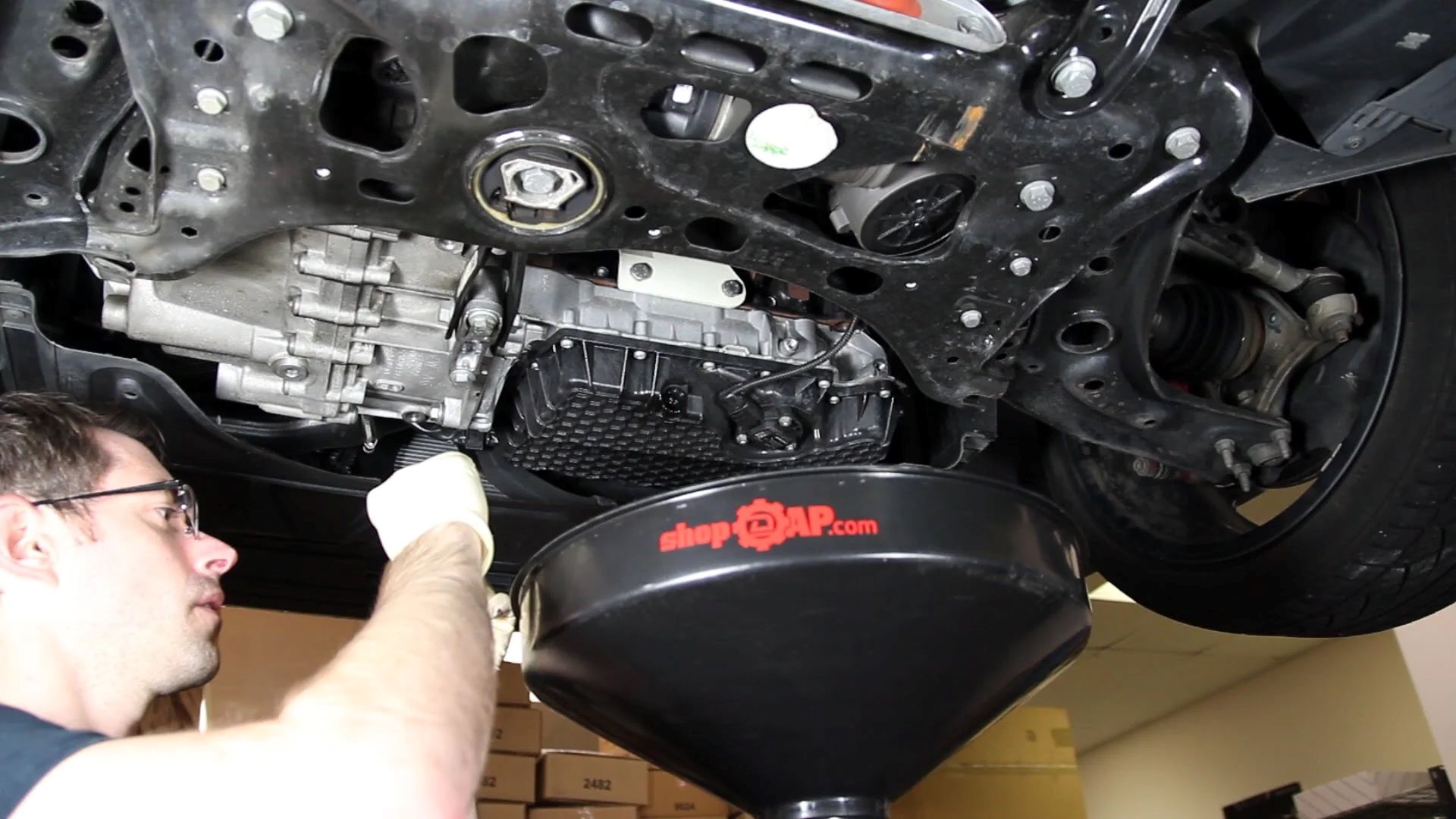
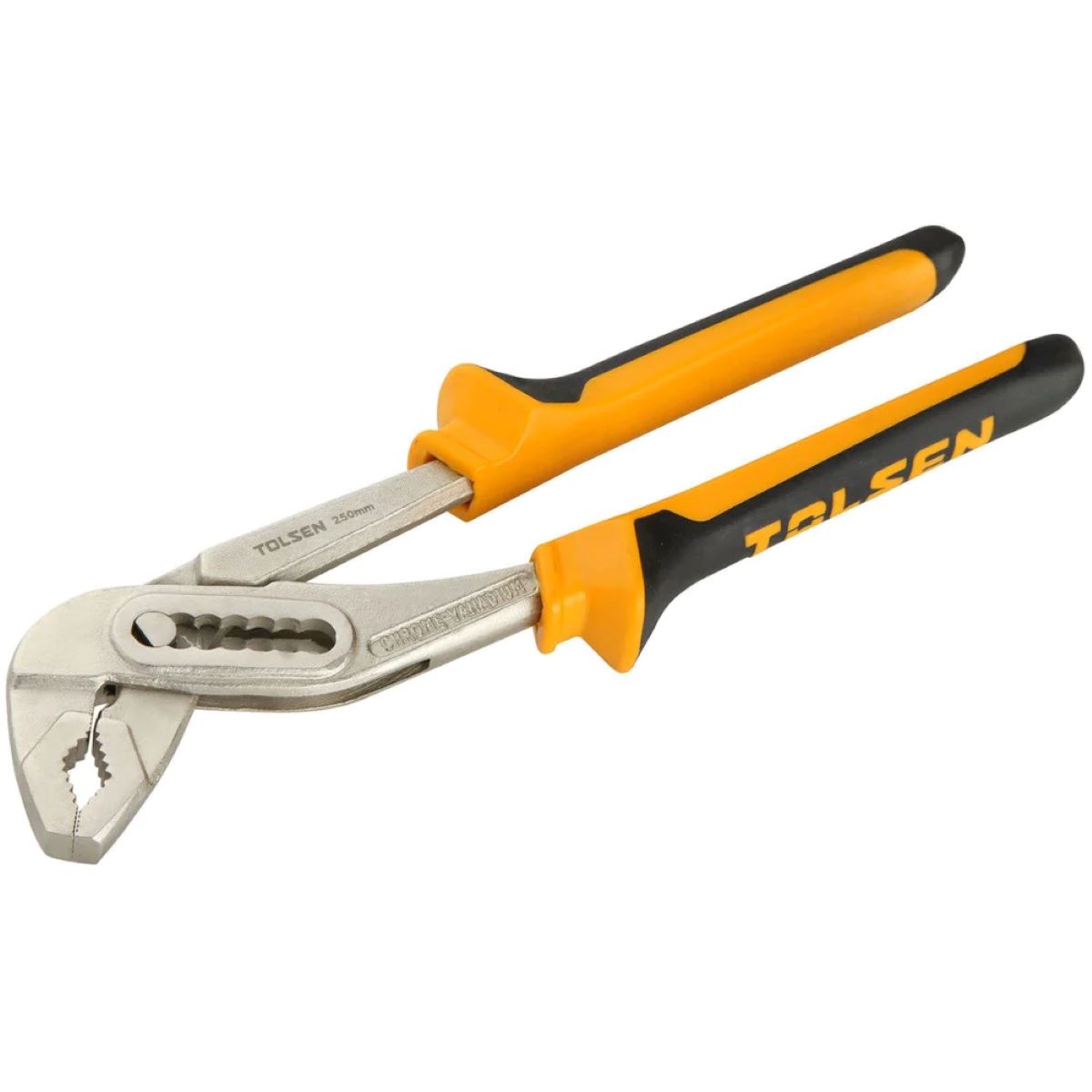
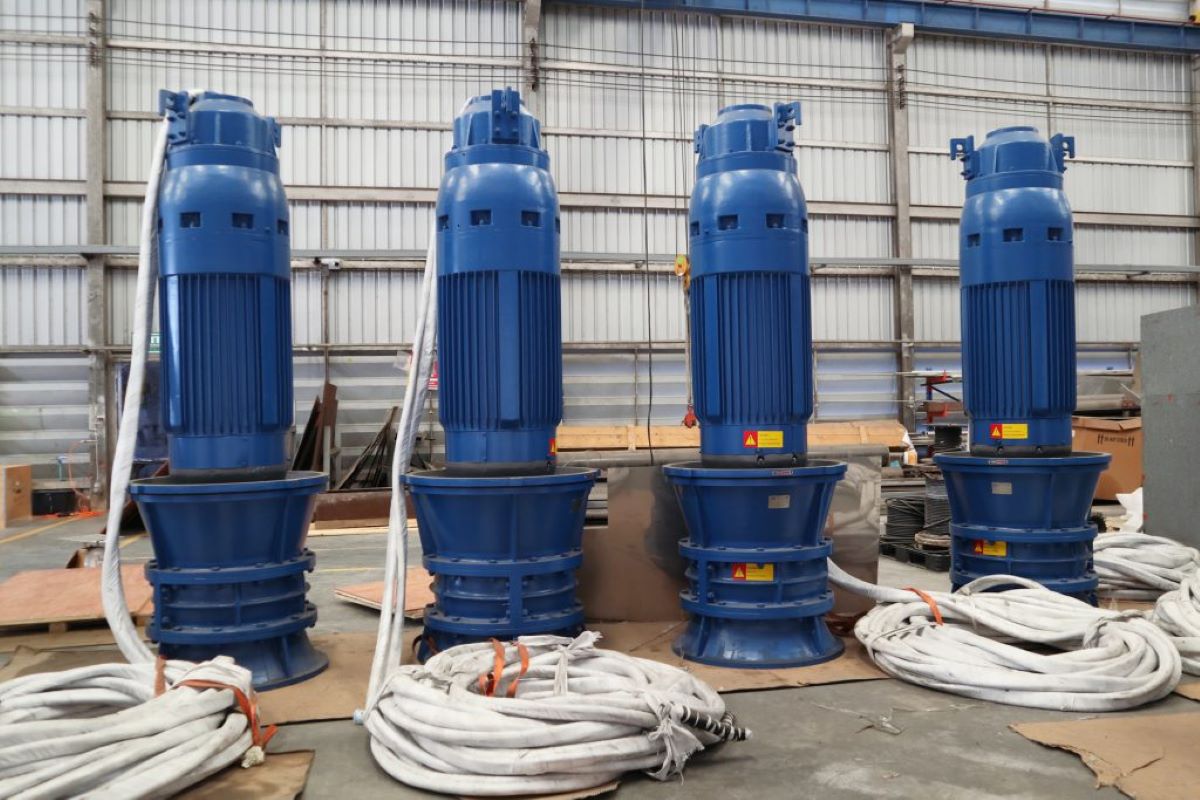
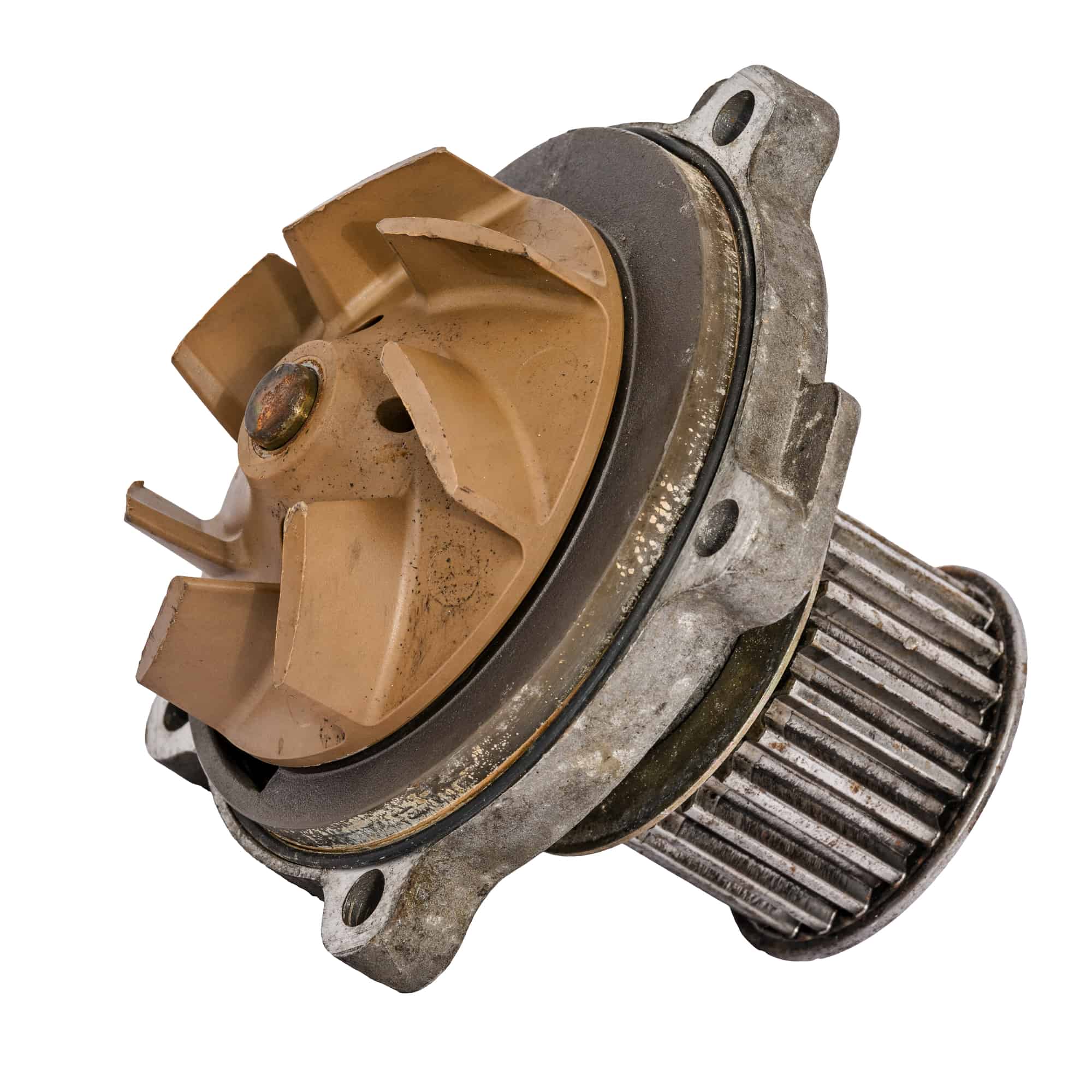
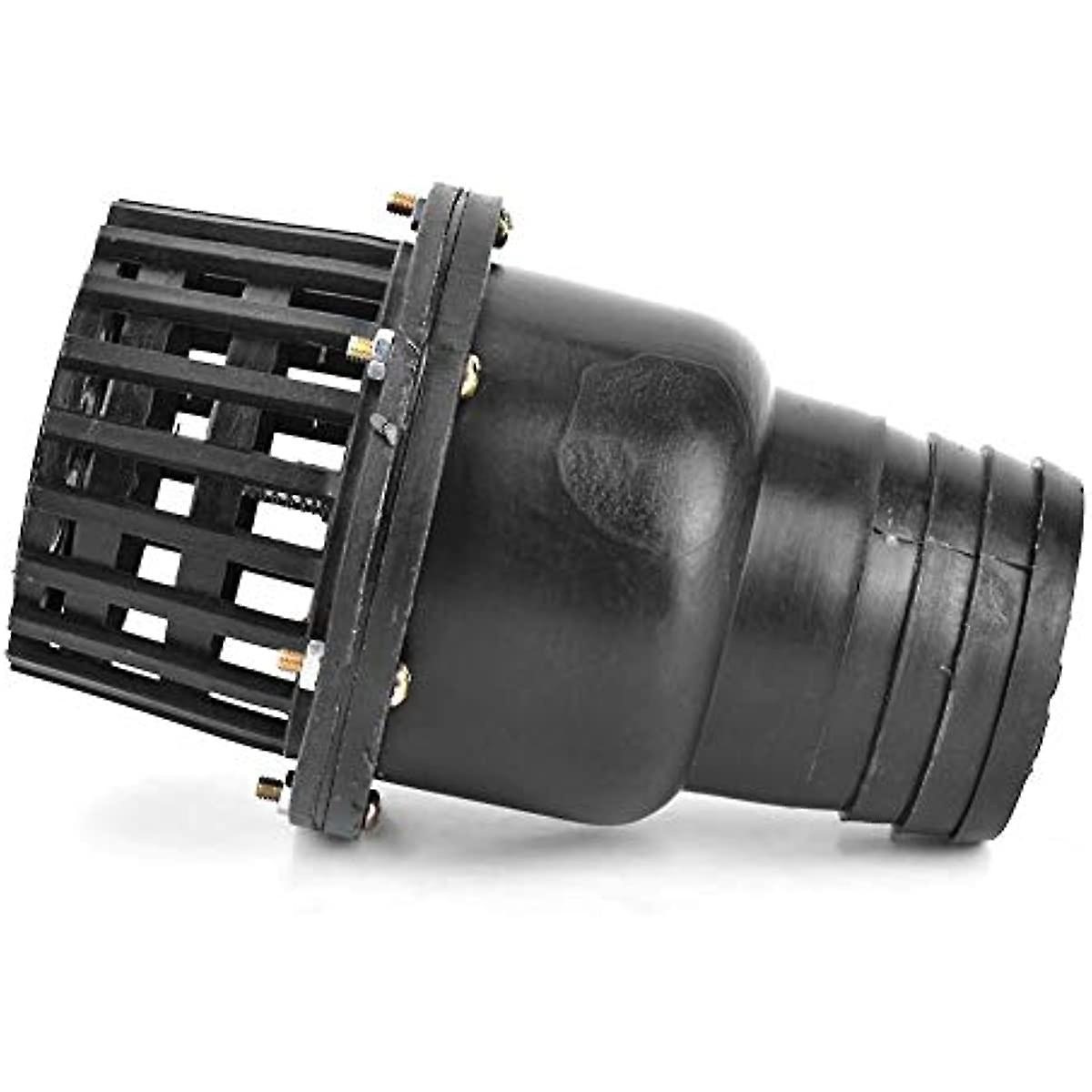
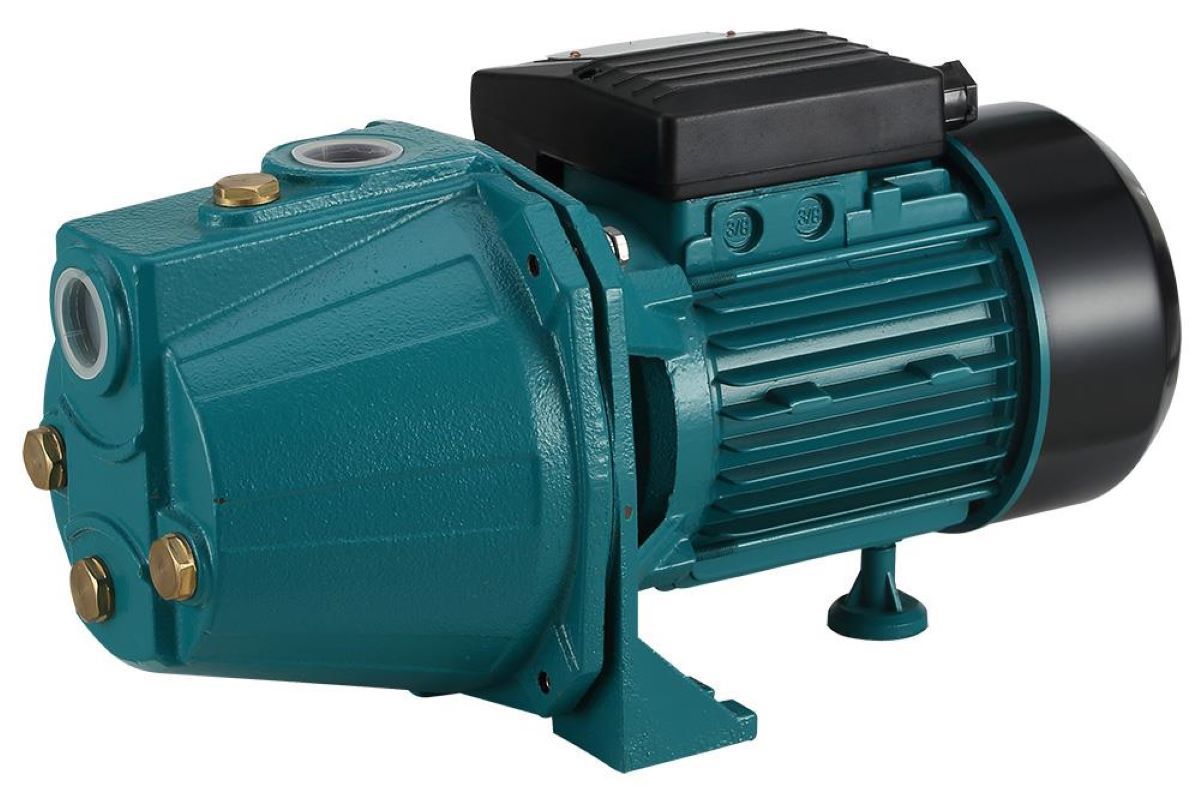
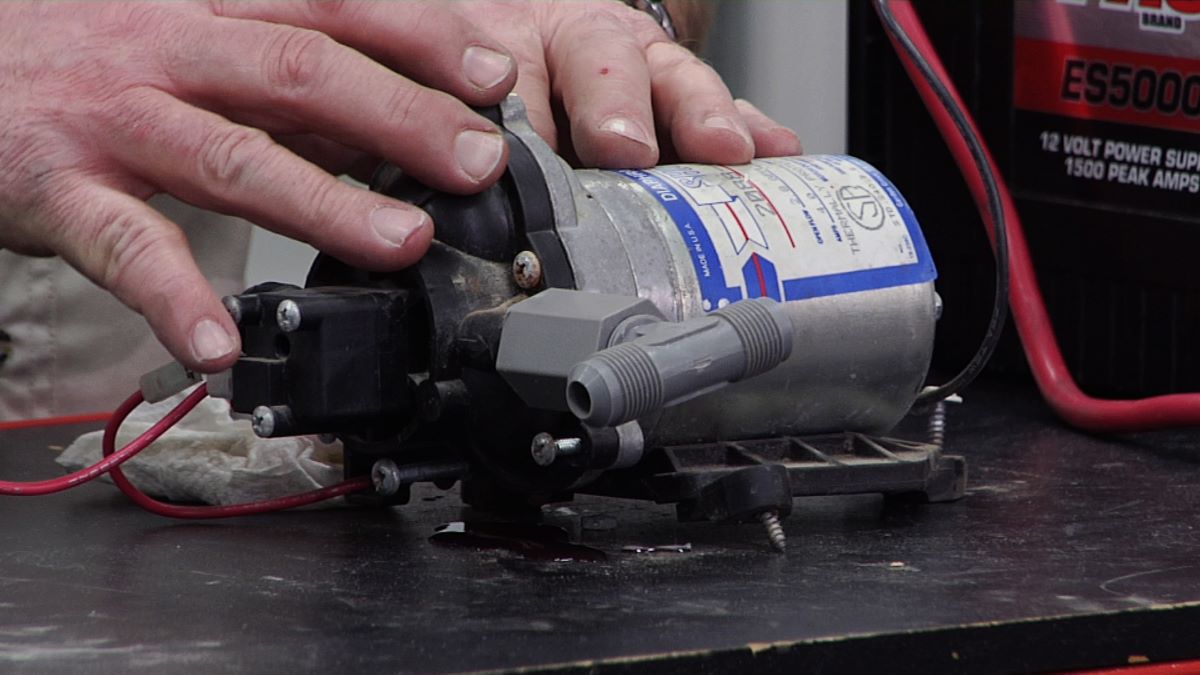
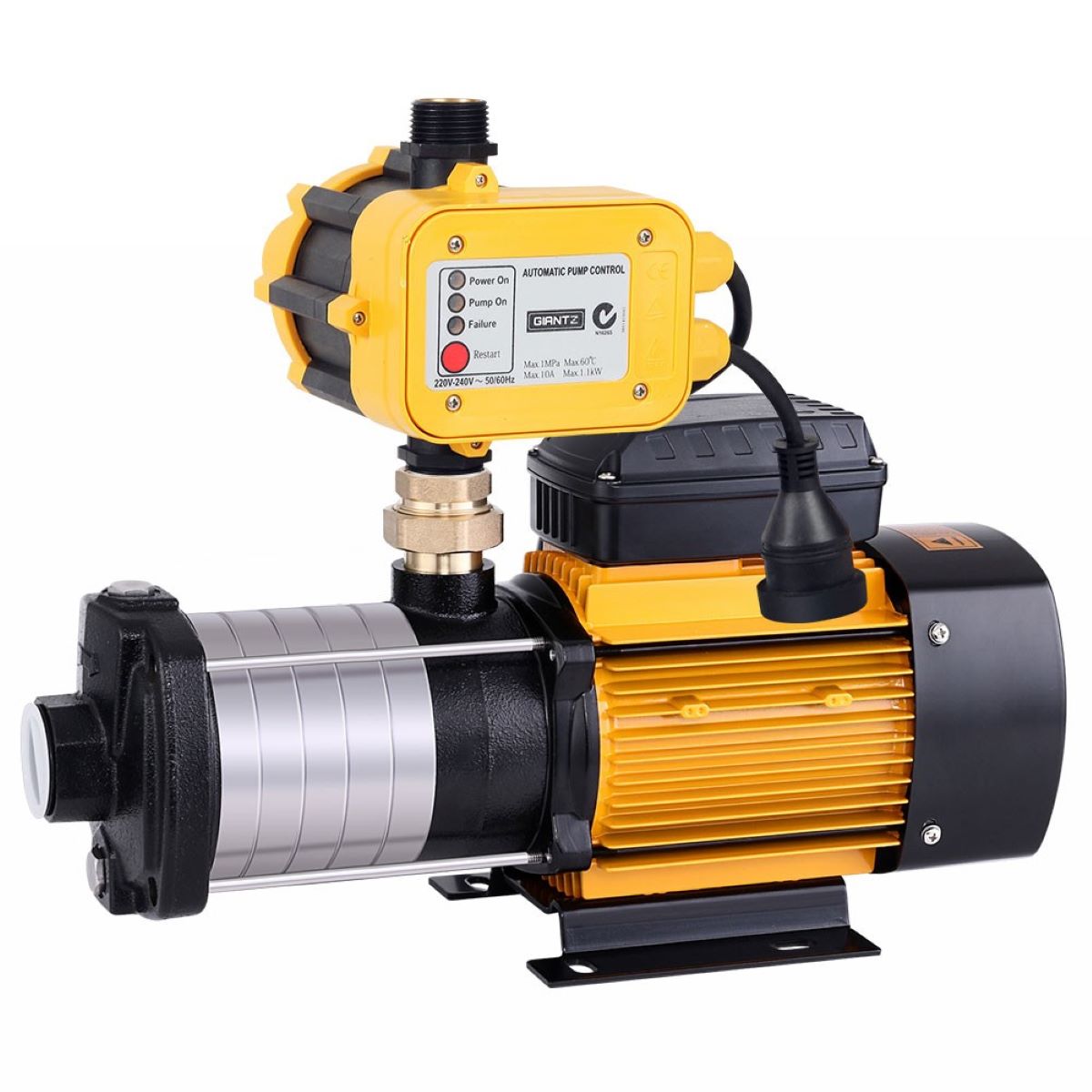
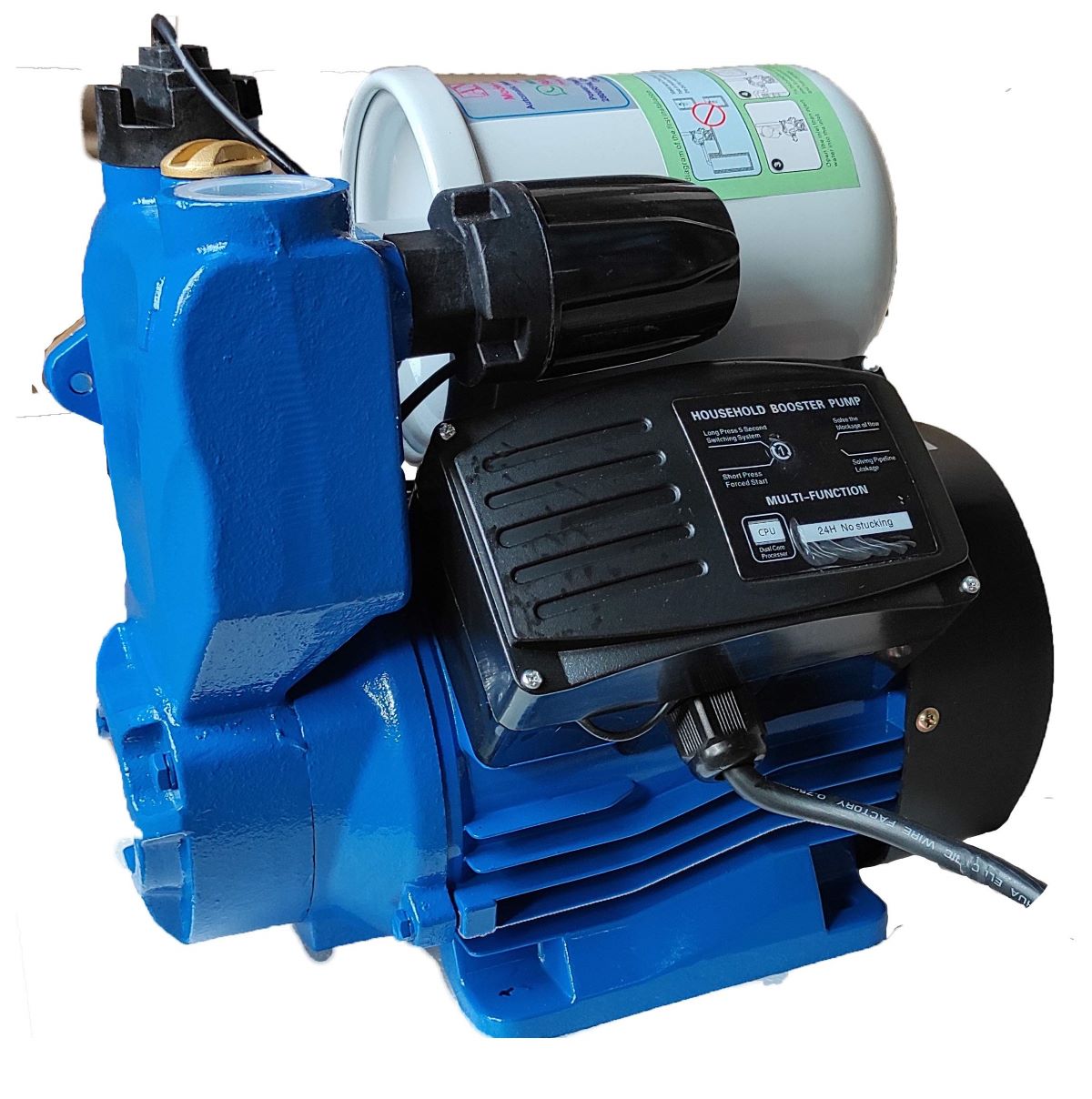
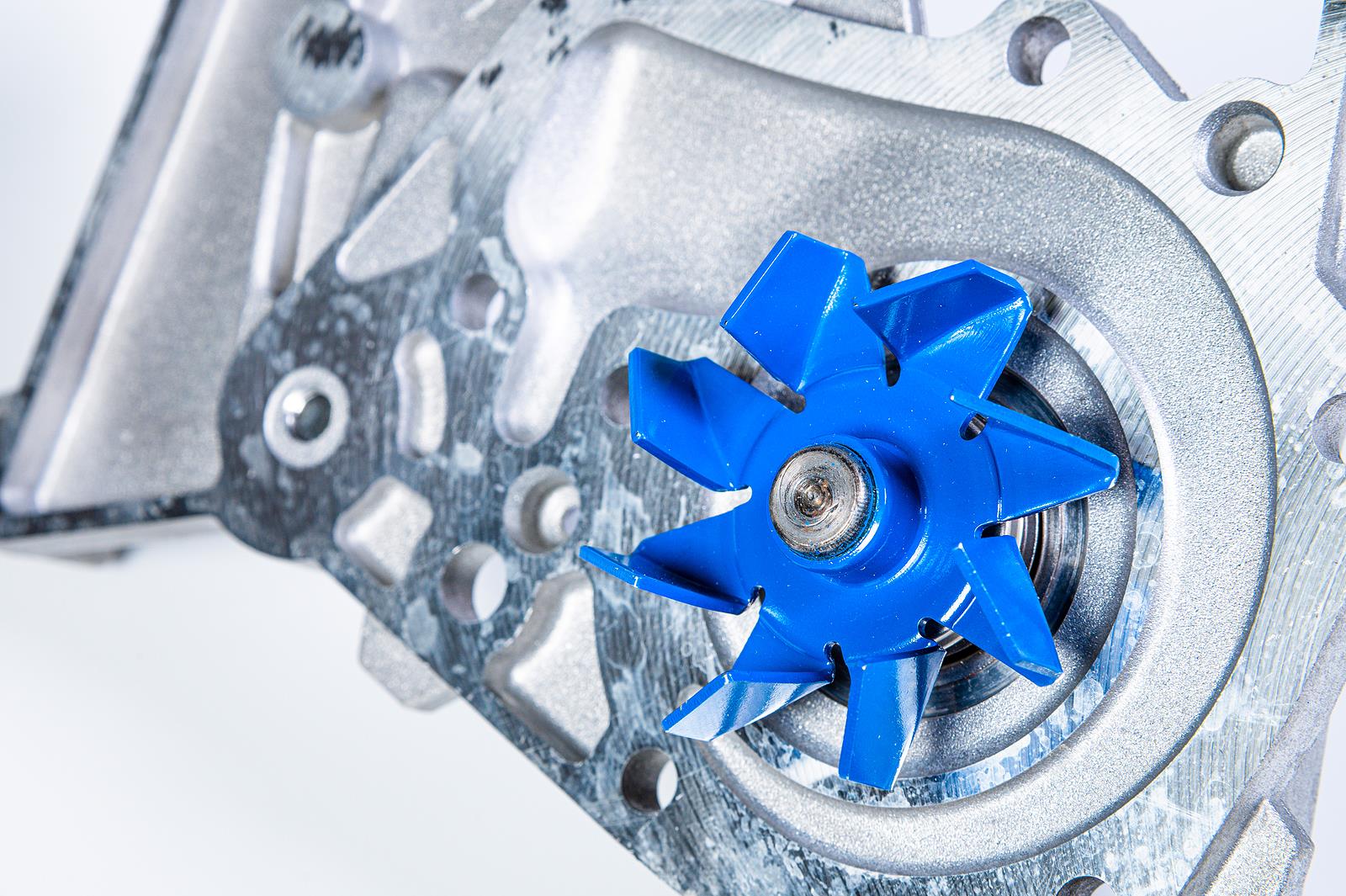
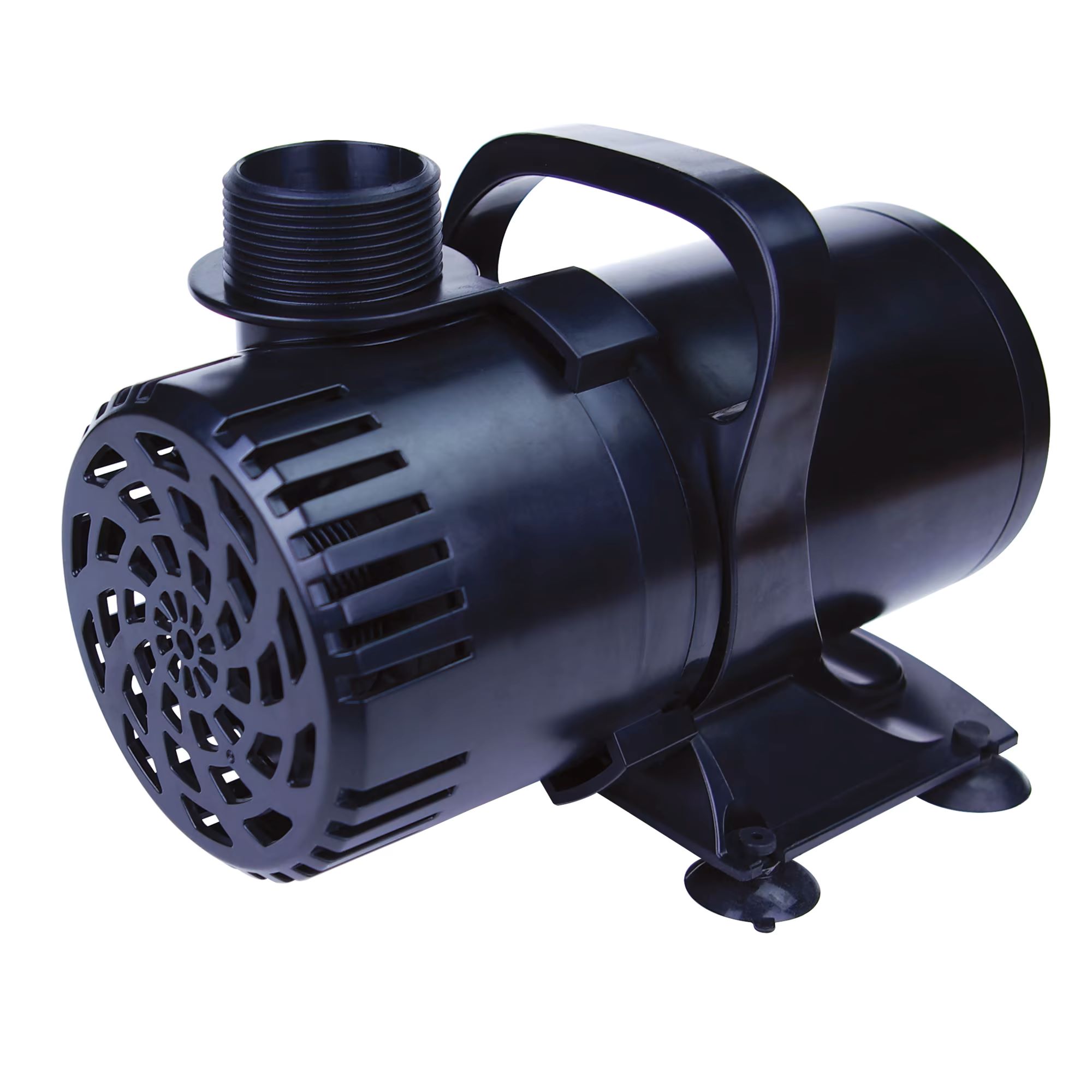

0 thoughts on “What Is The Best Water Pump For Irrigation”